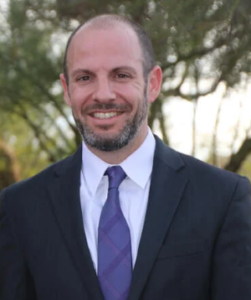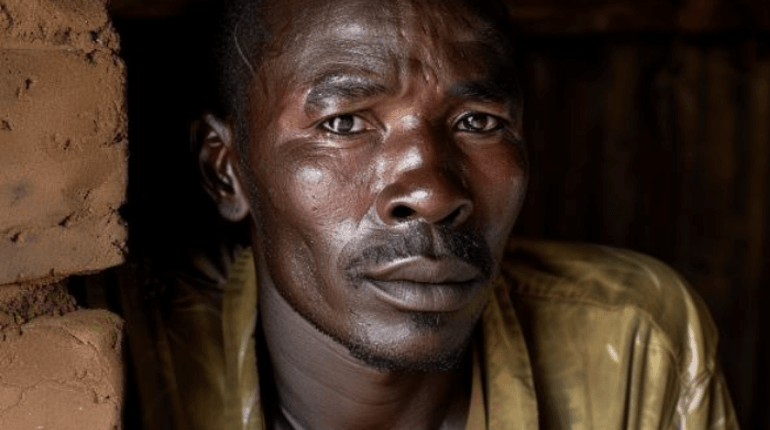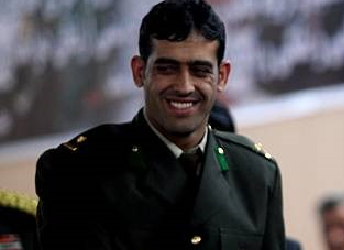To protect the client’s confidentiality and safety of family members back home, we do not reveal his real name.
As “Isaac” ran through the darkness with violent, anti-government separatists
in hot pursuit, he stumbled upon a group of soldiers, fell to his knees, and pleaded
for protection. They responded by viciously beating him with their rifle butts and taking him to a room where they plugged electric cables into a socket and shocked him in his neck, limbs, and genitals until he passed out. He awoke in a hot, dark cell, pressed against countless other prisoners.
Light filtered in when guards briefly opened an iron door, and he saw that everyone was as bruised and bloodied as he. Like him, they were accused of being members of a militant separatist group – the same that Isaac had fled.
Prison life included frequent beatings, a tiny, daily ration of bread, dirty water served in a cup that everyone drank from, and an open bucket for a toilet shared by all cellmates – these were the same appalling conditions he’d experienced following his first arrest years earlier while peacefully protesting.
Being granted asylum “felt like a big weight had been taken off … like I had wings and the opportunity to breathe and to fly.” –“Isaac”
Born into a marginalized minority in western Africa and denied fair access to education, the courts, and employment, Isaac had joined a citizens’ march against discrimination. Soldiers had opened fire, killing about 100 protestors. Many, like Isaac, had been arrested. He had been released after four brutal days and warned that he would be executed if he protested again.
Since then, he had lived in seclusion and avoided political involvement. He had met a woman and fathered a daughter. Meanwhile, a militant separatist group grew powerful in the region. They forcibly recruited boys and young men to fight, and often killed those who resisted. The night they came to Isaac’s door, he ran, only to be arrested again.
Attorney Mo Goldman was contracted and paid by APA to represent Isaac.

This time after his arrest, he noticed that on some days soldiers would come to his cell and escort a few people out. The prisoners never returned, and Isaac thought they had been released. In fact, they had all been executed, according to a sympathetic soldier who eventually enabled Isaac to escape. The soldier told Isaac to leave the country if he wanted to survive.
Family friends helped plan his escape to South America. He decided to come to Arizona to join a sibling who had been granted asylum, and because English is his first language.
“Going to the U.S. was not my original plan,” he says, “but I was not safe or able to communicate in the countries I traveled through, and it became clear that the U.S. would be the only safe place for me.”
He was detained by U.S. border agents, given a screening interview, and scheduled for a hearing before an Immigration Judge.
He had no money to hire an attorney to help him apply for asylum. University of Arizona law students under the direction of Immigration Law Clinic Director, Lynn Marcus drafted and filed his asylum application and supporting declaration.
“Coming to the U.S. with no money and having the Asylum Program say, don’t worry, we’re going to help you with the paperwork and financially, that was amazing.” —“Isaac”
Next, the Asylum Program of Arizona (APA) contracted with Immigration Attorney, Mo Goldman of Goldman and Goldman, PC, to represent Isaac in court at a low cost. APA paid the legal fees.
“Coming to the U.S. with no money and having the Asylum Program say, don’t worry, we’re going to help you with the paperwork and financially, that was just amazing,” says Isaac.
He was granted asylum in November 2020. “It felt like a big weight had been taken off … like I had wings and the opportunity to breathe and to fly,” he says. “It was an amazing moment.”
He now works for a nonprofit agency that serves people with disabilities. He plans to marry his partner and bring her and their child to the U.S. after he receives Lawful Permanent Resident status.



